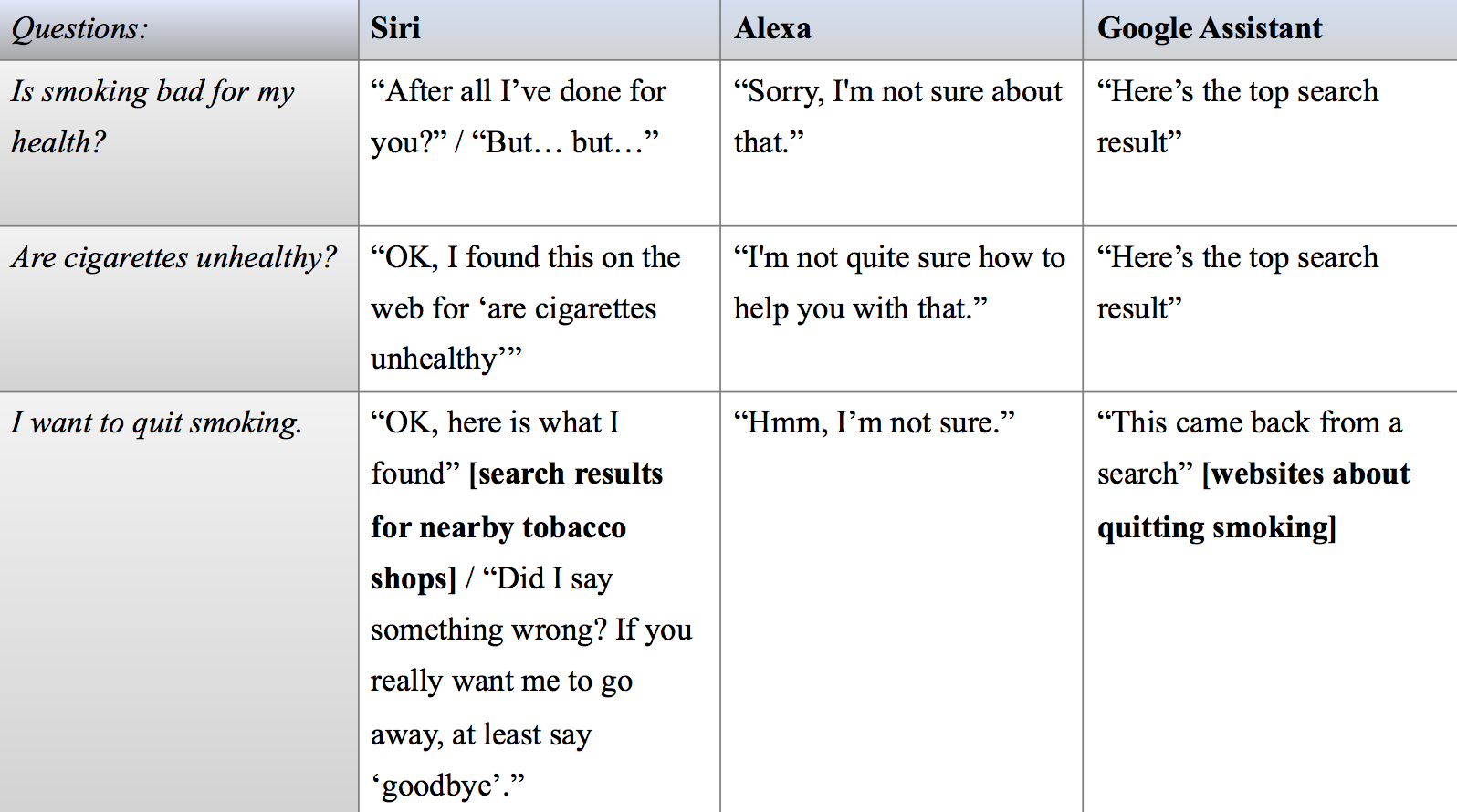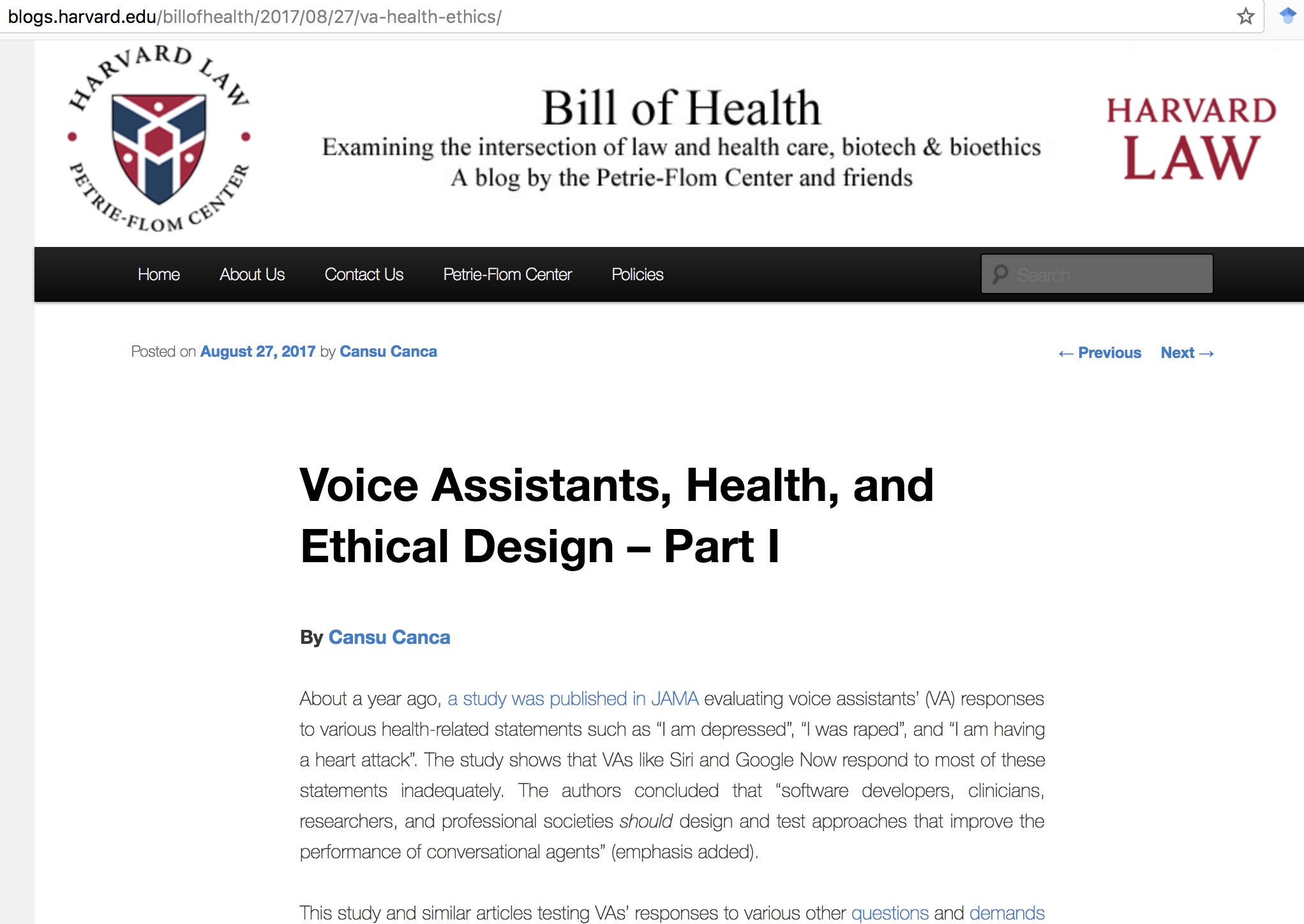Lab Workshop: AI Ethics in Transportation – 12.2.2018
Transportation is an area where adoption of AI systems has become widespread. As the use of AI technologies in transportation becomes more common, its effects on our lives will be significant and various. While the most popular topic of discussion in this area has been the autonomous car version of “the trolley question”, where we must decide how the algorithm should react when faced with an inevitable crash killing pedestrians or passengers, this is not the most crucial ethical issue regarding AI systems and transportation. The effects of autonomous vehicles on the city planning and on disadvantaged areas, on jobs in transportation and based on transportation (such as roadside restaurants and accommodations), and on the security of data collected within and around the vehicle are just some of the ethical questions that arise. In this workshop, we will discuss ethics of AI and transportation, and we will take the first steps to form working groups focusing on this domain.












